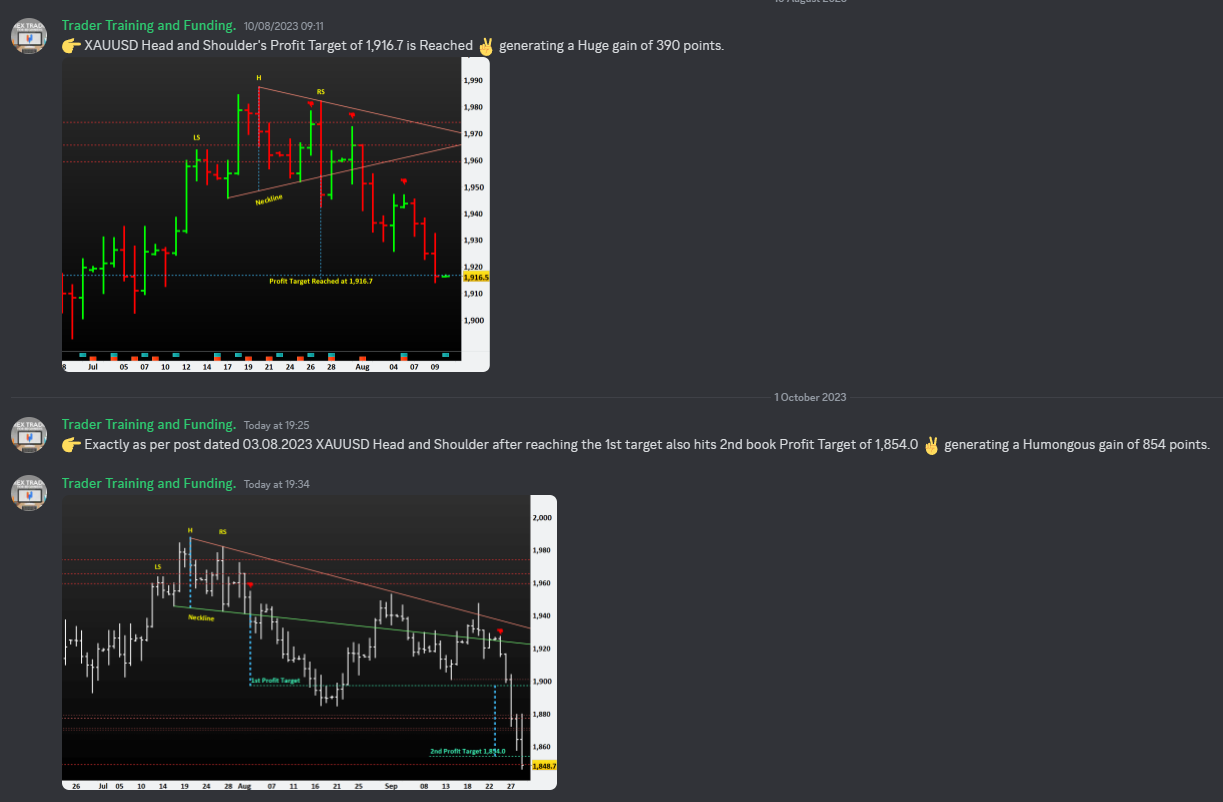Proprietary trading firms, also known as prop firms, in Australia have seen a significant impact from regulations in recent years. These firms engage in trading with their own capital to generate profits, as opposed to trading on behalf of clients. The regulatory landscape has evolved to ensure transparency, fair trading practices, and overall market integrity.
ASIC Market Integrity Rules: A Key Regulatory Change
One of the key regulatory changes that has affected prop firms in Australia is the implementation of the Australian Securities and Investments Commission (ASIC) Market Integrity Rules. These rules are designed to promote market stability and integrity by regulating trading activities, including market manipulation, insider trading, and other forms of misconduct. proprietary trading firms Australia are required to comply with these rules to operate in a transparent and ethical manner.
The Impact of MiFID II on Prop Firms in Australia
The introduction of the Markets in Financial Instruments Directive (MiFID) II in Europe has also had an impact on prop firms in Australia. As part of the MiFID II regulations, prop firms are required to provide more detailed transaction reporting, disclose more information about their trading activities, and ensure best execution for their clients. These regulations have increased compliance costs and created additional administrative burdens for prop firms operating in multiple jurisdictions.
Increased Scrutiny from Regulatory Authorities
In addition to regulatory changes, prop firms in Australia have also faced increased scrutiny from regulatory authorities, including ASIC. Proprietary trading firms are subject to regular audits, inspections, and investigations to ensure compliance with regulatory requirements and to detect any potential market abuses. This increased oversight has led to a greater focus on risk management, compliance, and regulatory reporting within prop firms.
Adapting to Regulatory Changes
Proprietary trading firms in Australia have had to adapt to these regulatory changes by investing in technology, risk management systems, and compliance resources. Many prop firms have implemented automated surveillance systems to monitor trading activities, detect suspicious behaviors, and ensure compliance with regulatory requirements. Proprietary trading firms have also hired compliance officers, risk managers, and legal experts to navigate the complex regulatory landscape and to ensure that their trading activities are conducted in a compliant and ethical manner.
Opportunities in the Financial Markets
Despite the challenges posed by regulatory changes, prop firms in Australia continue to seek opportunities in the financial markets. Proprietary trading firms play an important role in providing liquidity, price discovery, and market efficiency. These firms are constantly looking for new trading strategies, technologies, and market opportunities to generate profits and to stay ahead of the competition.
Conclusion
In conclusion, the impact of regulation on proprietary trading firms in Australia has been significant. Prop firms have had to adapt to increasingly complex regulatory requirements, increased oversight, and greater compliance costs. Despite these challenges, prop firms continue to seek opportunities in the financial markets by investing in technology, risk management, and compliance resources. Prop trading firms play a crucial role in the financial markets, and their ability to navigate regulatory changes will be key to their long-term success.
